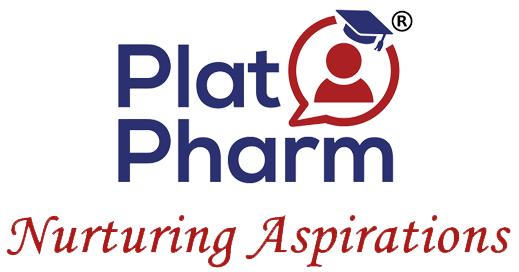This is the common question asked by most Placement Cell Coordinators and Faculty Members of institutes during the placement season – February to June - generally every year. Most of the students answer in the affirmative; but are they TRULY READY?
Many students, regardless of their level of education, mistakenly believe that good grades and academic knowledge are the only factors that determine their readiness for interviews. However, there is much more to the recruitment process than these traditional criteria, and successfully converting an interview call into an offer requires additional skills. According to statistics, only 20% of all applicants receive an interview call, and of those interviewed, less than 30% are selected for a job offer. This means that only about 4-6% of all applicants ultimately secure a job.
Navigating the recruitment process can be challenging, particularly in light of the pandemic, which has expanded the available talent pool to a global scale and shifted recruitment to virtual platforms. These statistics emphasize the importance of a well-crafted resume to secure an interview call and the critical role of a well-conducted interview in securing a final offer. Hence, being Interview Ready is extremely critical.
Circa to the pharmaceutical industry - hiring fresh talent can be a source of anxiety for companies. Why is this the case? There are several reasons that contribute to this sentiment:
- Companies are hesitant to invest time and resources into training new hires.
- They often feel that students lack the necessary practical skills for the job.
- High attrition rates among trained, entry-level employees - freshers look for training in an organization so that they can seek better opportunities in the industry
- Fresh graduates may be less willing to relocate for job opportunities compared to experienced professionals.
- Resistance of many candidates to begin their career at the ground level (for example – start as a trainee in manufacturing/QC or as a medical representative)
Finding a job as a fresher in the pharma industry, therefore, can be quite challenging - even for post-graduate students. Traditional job roles are being replaced by new-age positions that offer better salaries and growth prospects.
Given this scenario, it's crucial for students to take every interview seriously and prepare thoroughly. Whether it's a virtual or in-person interview, students need to be familiar with the process and confident in their abilities to answer questions and ask intelligent ones in return.
Today, modern tools like PlatPharm's AI-Driven Interview Simulator can help students prepare for specific job roles and gain confidence in their interview skills. By reviewing their answers for content, flow, and delivery, students can perfect their interviewing techniques and increase their chances of landing a job offer.
Ultimately, “Are you Interview Ready?” – essentially translates to whether the student has practiced for interviews for different roles and has gained enough confidence to navigate through this critical selection stage in the recruitment process.
By
Geetha Sriniwasan
Founder – Partner, PlatPharm Skilling & Careers LLP

